After 90 years, the Medical Laboratory Science major at Marquette is closing its doors.
The termination of the program is part of Marquette 2031: Securing Our Future Plan, which aims to reduce spending by $31 million by 2031 and reinvest 40% into the university. The committee behind the strategic plan proposed to eliminate or modify 15 programs, recommending the MLSC program in a September 2024 report.
In March, students and faculty lobbied for the retention of the program by attending a University Academic Senate meeting in white lab coats and gave testimony as to why the program should remain intact. Despite the effort to keep it afloat, those in the program were informed June 13 of the termination in a letter from the dean of the College of Health Sciences.
“Please know that the decision to sunset the MLSC program does not reflect a value judgment on the medical laboratory science profession or its faculty and students,” the letter said. “Rather, the decision concerns financial realities identified through an extensive process of research and analysis.”
The initial projection from the College of Health Sciences shared a savings of $512,944 from 2026-2031 if the program was eliminated.
For students currently enrolled in the program, as well as incoming students, a plan is in development that would allow for the completion of degrees over the next four years.
The program includes four faculty and staff members, who instruct students to collect, analyze and report data on tests taken in doctor’s offices as medical lab scientists.
This fall will represent the final incoming MLSC class, as the program will stop accepting new students in 2026. Following the graduation of the incoming class, the Bachelor of Science degree or certificate in MLSC will no longer be offered after Spring 2029.
The letter also shared that the program is still accredited by the National Accrediting Agency for Clinical Laboratory Sciences. Students will remain eligible for the appropriate certification and/or license examinations upon successfully completing the required curriculum.
The NAACLS currently accredits eight programs in the state of Wisconsin, and of the four recognized as competition to Marquette, none have direct admittance into clinical placement sites.
Current students will retain their access to clinical sites at Marquette’s partner locations and will continue their placement.
“We remain committed to ensuring that our current and incoming students continue to receive an outstanding education and can complete their MLSC degrees within the standard (four-year) curriculum,” the letter said.
This story was written by Lance Schulteis. He can be reached at lance.schulteis@marquette.edu.

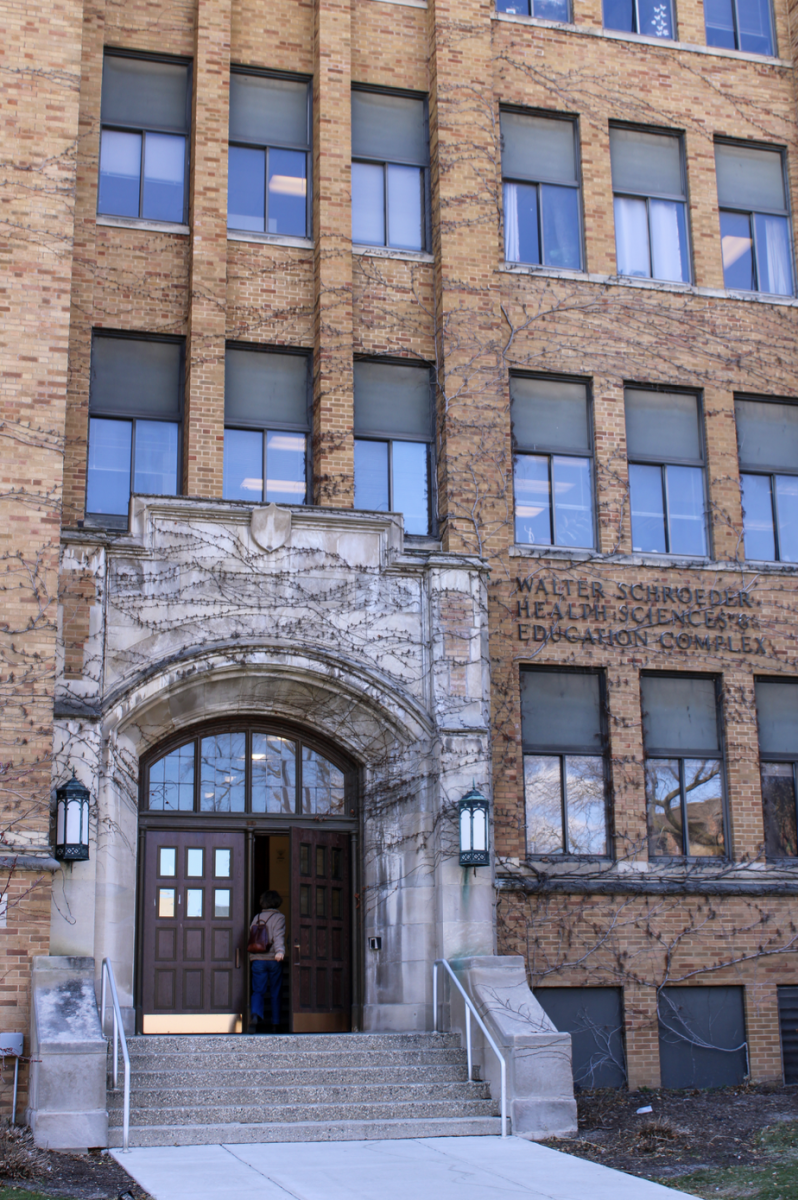

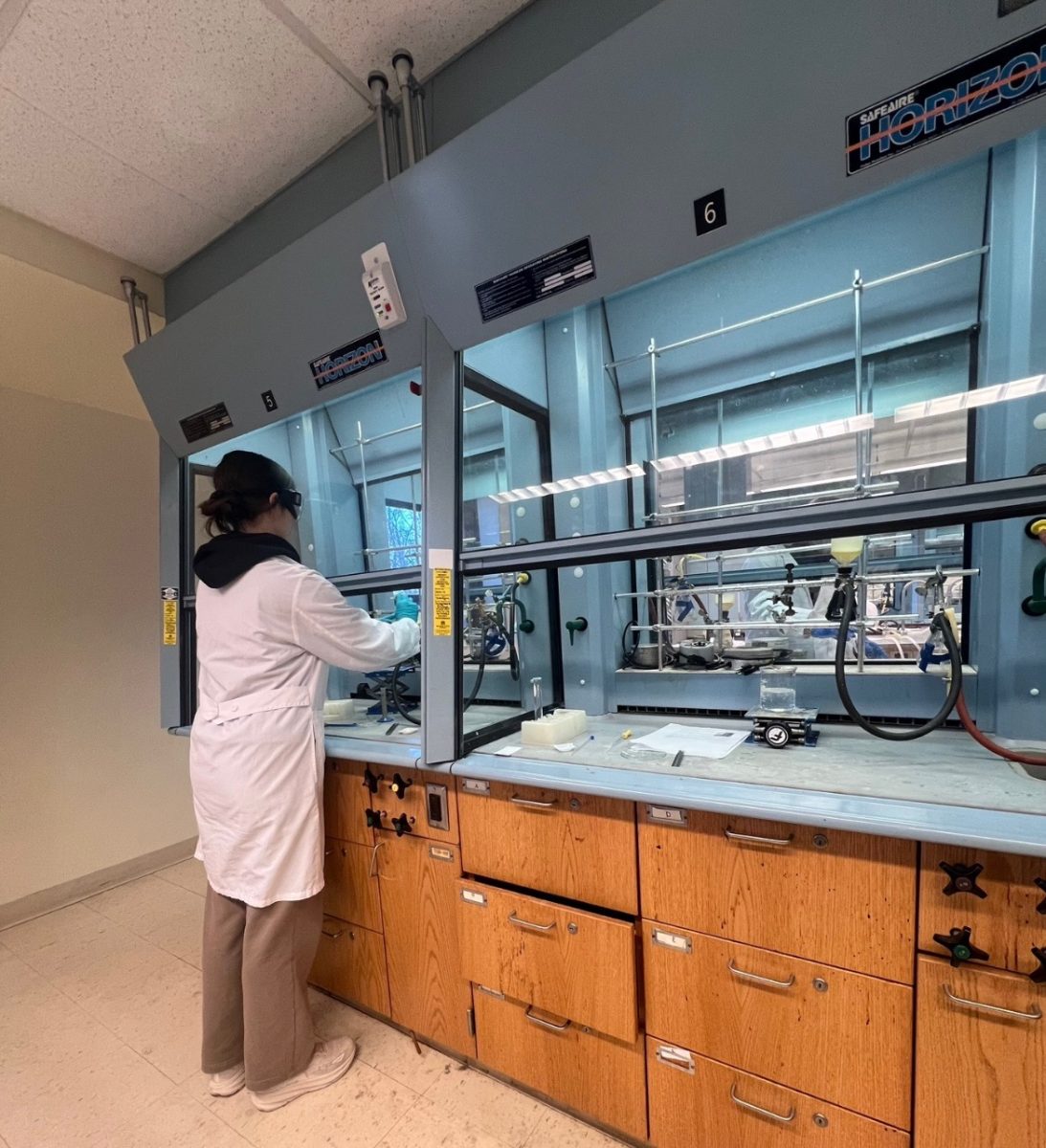
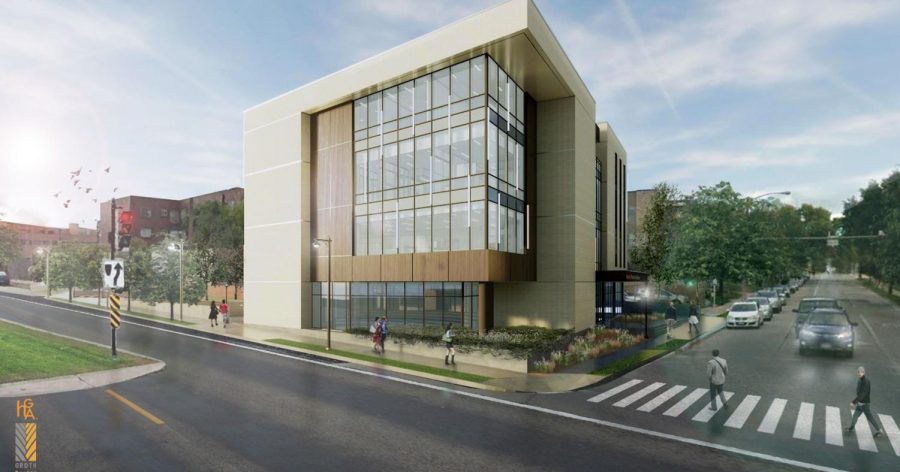
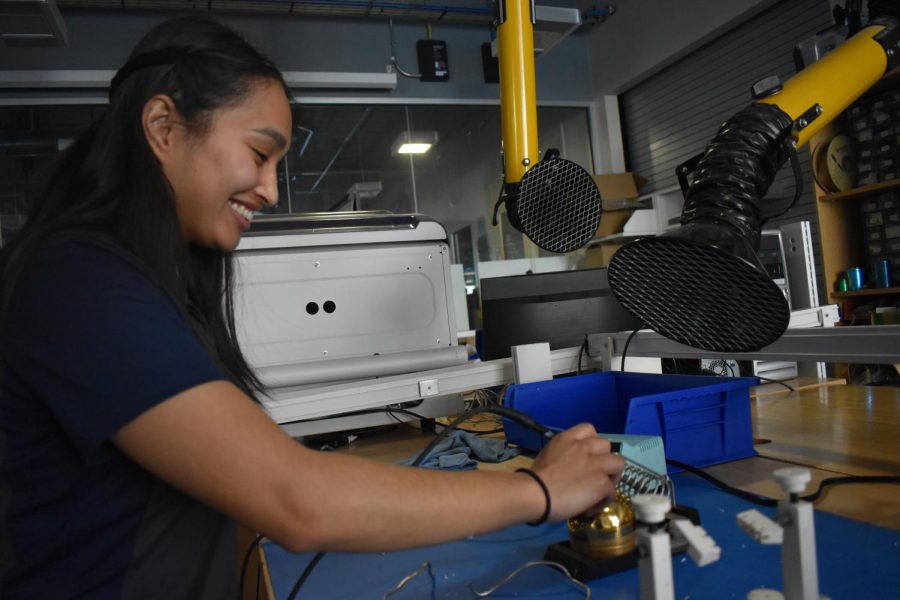
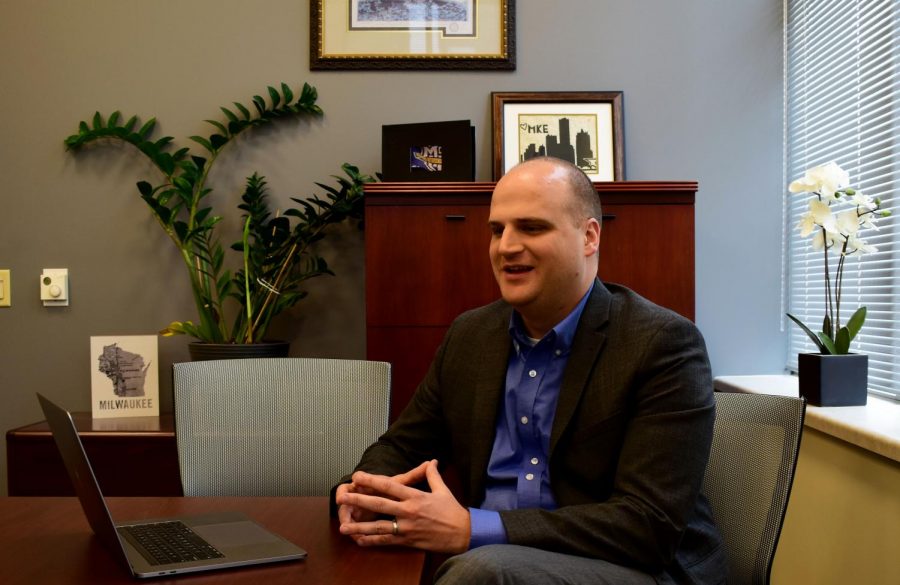
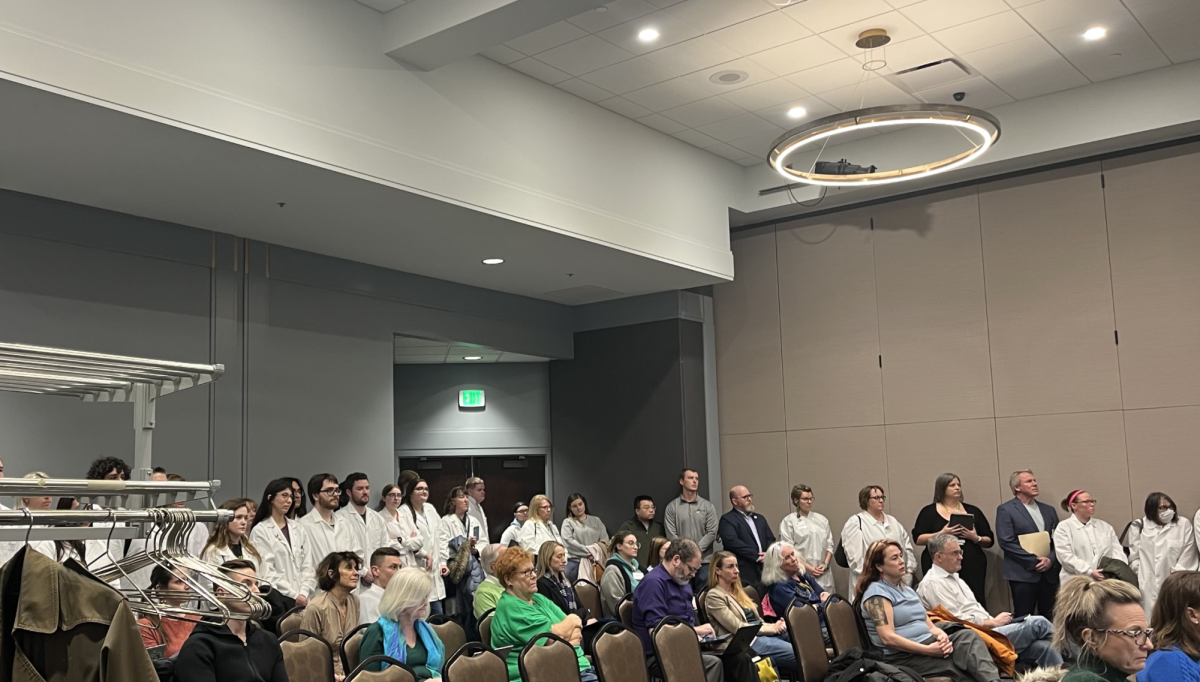

Patricia Boyer • Jul 12, 2025 at 8:06 pm
The national shortage of qualified medical laboratory scientists is a pressing issue that affects patient care across all healthcare systems. As healthcare consumers, this shortage should concern us all, especially when 94% of the objective data in a patient’s clinical record is generated by the laboratory. Medical laboratory scientists are not behind the scenes—they are at the heart of diagnosis, treatment, and monitoring.
This does not just happen a a doctor ‘s office. These professionals work in so many different healthcare settings. I cannot even begin to list them here. To boil the work that we do down to doctor’s offices is a lie.
I’d like you to please read a recent article produced by the Milwaukee VA public affairs office to gain a deeper understanding of the importance of this program to the Milwaukee area and the nation by searching the VA Milwaukee’s Facebook page for an article about the joint programs. It was published around graduation in May (not allowed to put a link in here).
It’s also important to note that enrollment in Marquette’s MLS program has steadily increased since the COVID-19 pandemic, even as other MLS programs across Wisconsin have experienced stagnation or decline. This upward trend demonstrates sustained student interest, program relevance, and growing awareness of the critical role laboratory professionals play in modern healthcare.
Eliminating the MLS program at Marquette would not only reduce educational opportunities for students who want to “Be The Difference,” but also worsen a critical workforce gap in an essential healthcare profession.
Concerned alumna and university partner.